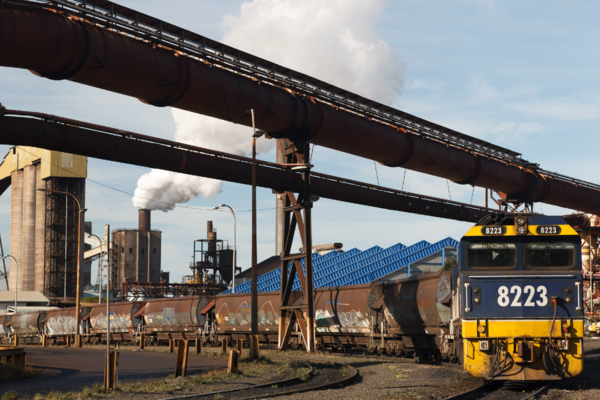
East-Coast Inland Rail
Research to improve understanding for optimal use of the regional road and rail networks.
The impact of East-Coast Inland Rail on regional roads and rail networks.
Research designed to improve the current evidence base in relation to production and movement of bulk grain on the east-coast. This will help determine the optimal use of the regional road and rail networks considering the impact of Inland Rail.
The research will be delivered in partnership with Department of Transport and Main Roads (Queensland), Department of Transport and Planning (Victoria) and Swinburne University of Technology.
Background
The significance and rationale of the Inland Rail project is in its potential to shift more goods from road onto rail.
The project will seek to better understand the impacts of Inland Rail on the transport of grain. This will be by updating the current evidence base available to the NSW, QLD, and VIC governments for possible changes that may subsequently occur in the movement of export bulk grain on the east coast. The research will be delivered in partnership with Department of Transport and Main Roads (Queensland), Department of Transport and Planning (Victoria) and Swinburne University of Technology through the iMove CRC.
Objectives
Overall, this study will update and improve the current evidence base available to governments, for considering future public policy interventions or investments that relate to the optimal use of the regional road and rail networks across states, considering the impact of Inland Rail.
Specifically, this research will include the following objectives and key tasks:
- Identify the current regional rail lines/road segments in VIC, NSW QLD that meet the key characteristics outlined above.
- Undertake pre and post Benefit-Cost analysis on these lines/road section, assuming an operational Inland Rail as the change/treatment factor.
- Determine a range of cross-jurisdictional approaches (scaled interventions) by the VIC, NSW and QLD governments that can be undertaken to enhance the benefits of Inland Rail.
- Determine the extent to which these cross-jurisdictional approaches (scaled interventions) by the VIC, NSW and QLD governments would enhance the public benefits from optimising the rail within the study area.
- Identify what governance processes/reforms can be considered to ensure that such scaled interventions are matched by commitments to use improved infrastructure by key industry participants, including contractual commitments.
Updates
Further updates will be provided as this project progresses.
This research is being delivered in partnership with iMOVE CRC and supported by the Cooperative Research Centres program, an Australian Government initiative.
